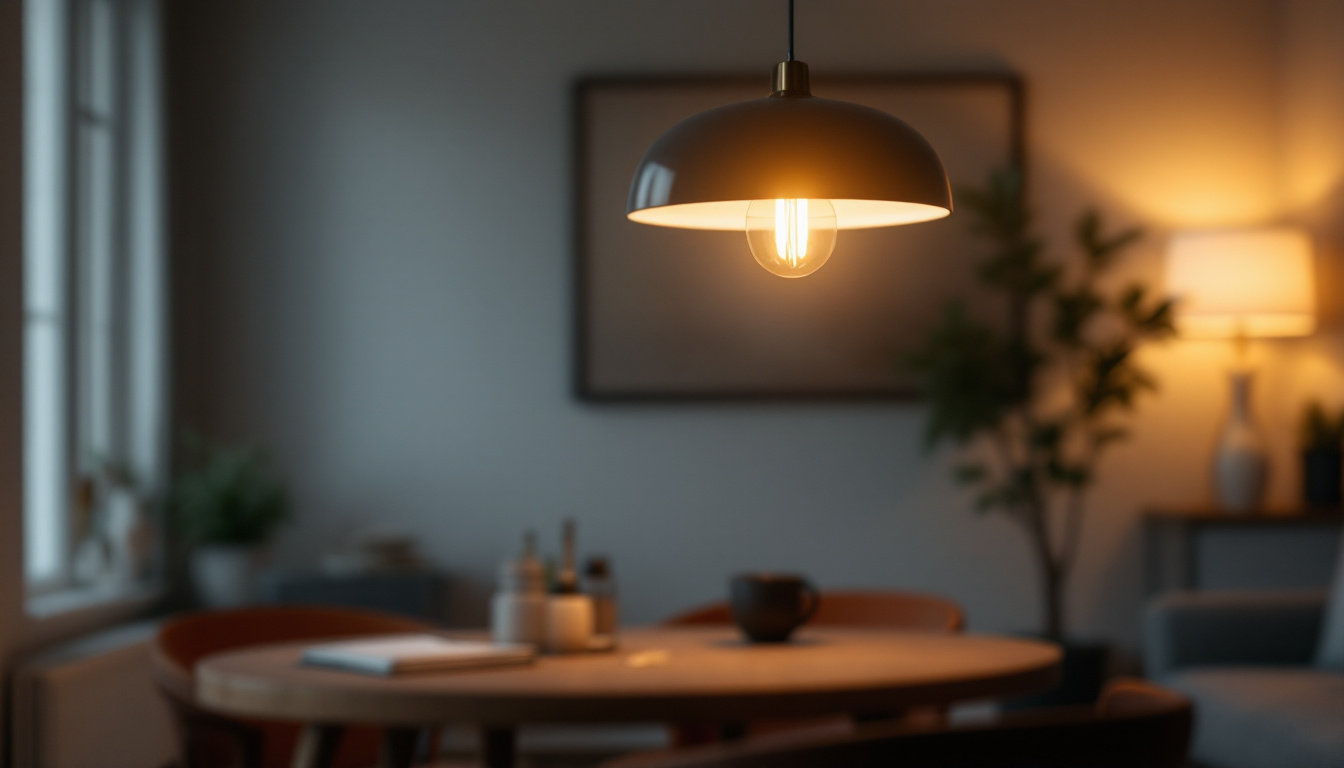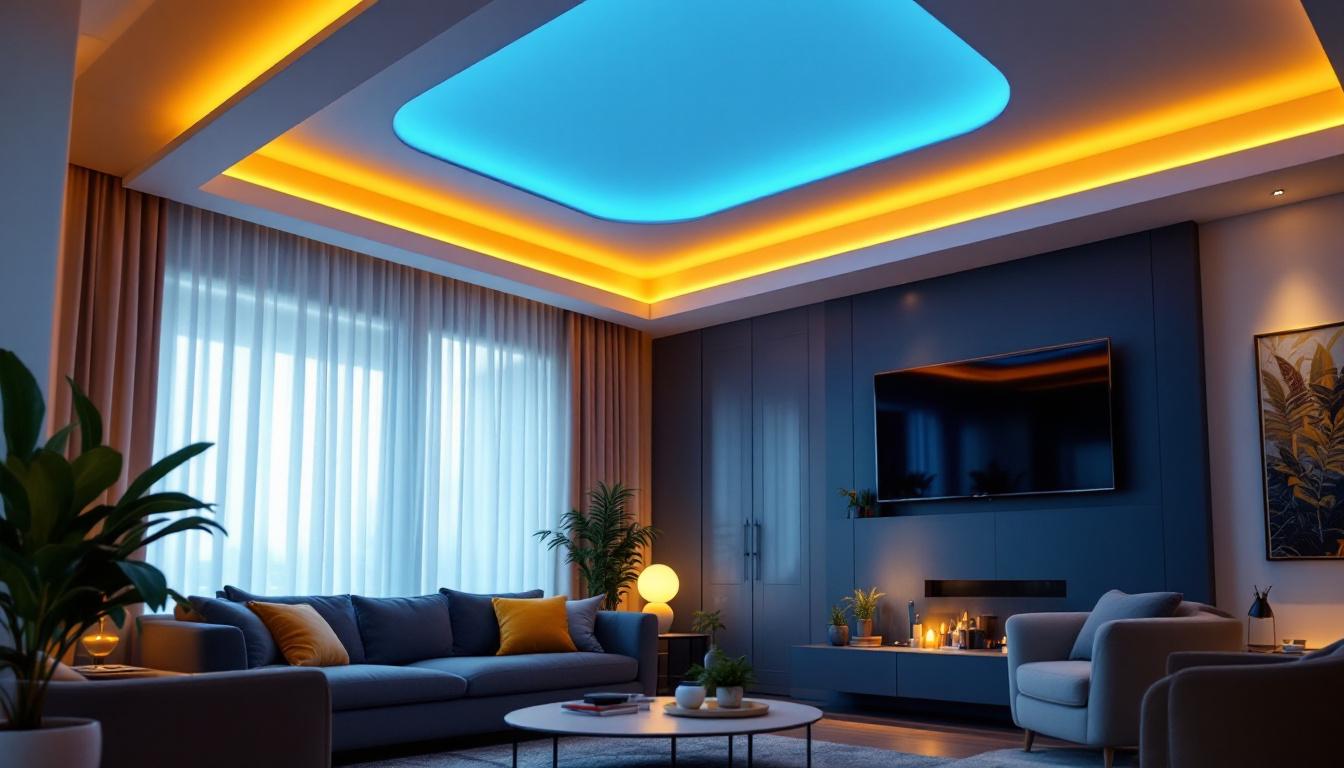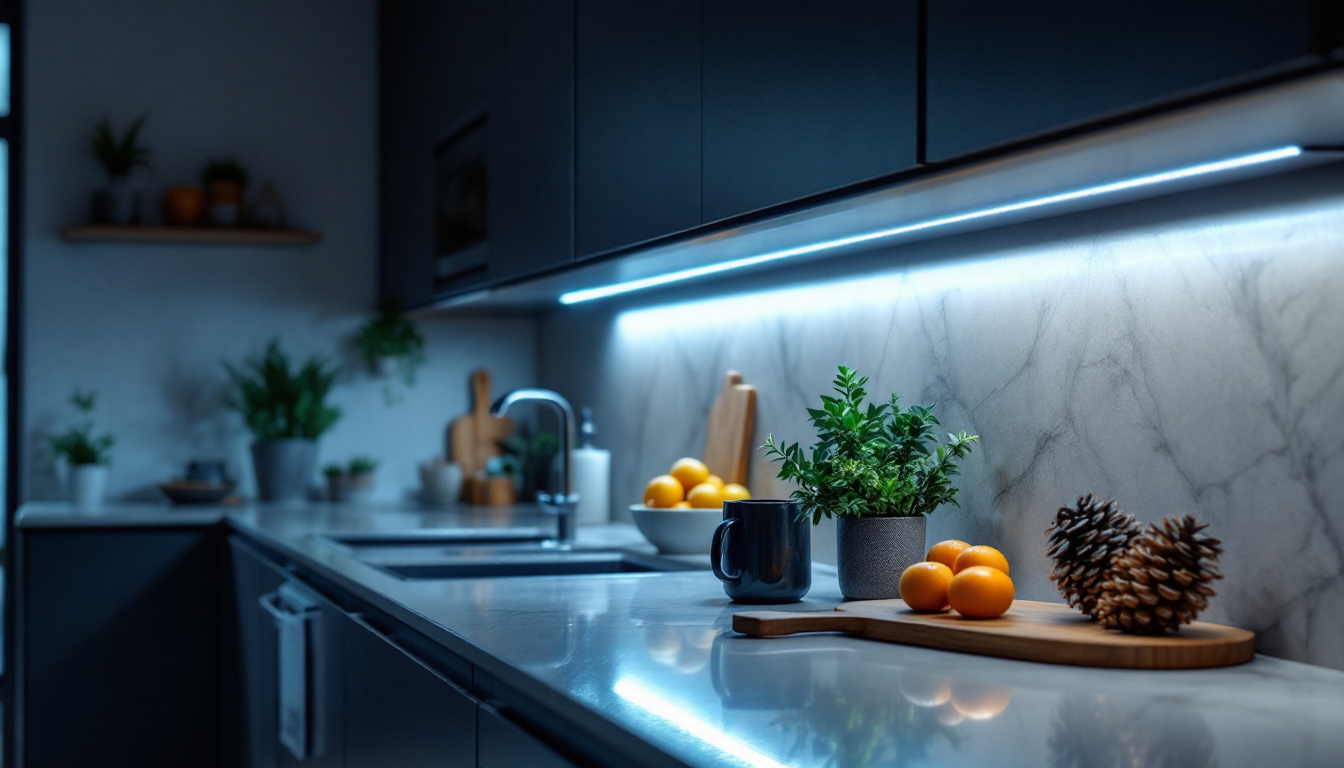
In the ever-evolving world of lighting technology, LED lights have emerged as a preferred choice for both residential and commercial applications. As a lighting contractor, understanding where to source these energy-efficient solutions is crucial to meeting client demands and staying competitive. This guide aims to provide insights into various purchasing avenues for LED lights, catering specifically to the needs of lighting professionals.
Before diving into where to buy LED lights, it’s essential to comprehend the different types available in the market. LED lights come in various forms, including bulbs, strips, panels, and fixtures, each serving distinct purposes. Understanding these options can help you make informed decisions that align with your specific lighting needs and design preferences.
LED bulbs are the most common type, suitable for replacing traditional incandescent bulbs in various fixtures. They are available in different shapes and sizes, providing versatility for different lighting needs. From standard A19 bulbs to decorative globe shapes, the variety ensures that you can find the perfect match for any room, whether it’s a cozy living space or a professional environment.
LED strips, on the other hand, offer flexibility in design and can be used for accent lighting or under-cabinet illumination. These strips can be cut to size and are often used in creative lighting designs. They can be easily installed in tight spaces, such as behind furniture or along staircases, creating a seamless glow that enhances the ambiance of a room. Furthermore, many LED strips come with adhesive backing, making installation a breeze for DIY enthusiasts.
For larger spaces, LED panels and fixtures are ideal. They provide uniform light distribution and are commonly used in commercial settings, such as offices and retail spaces. These panels can be recessed into ceilings or mounted on surfaces, offering a sleek and modern look. The ability to integrate them with smart lighting systems also allows for advanced control over brightness and color, catering to the dynamic needs of a busy workplace.
LED lights are not only energy-efficient but also have a longer lifespan compared to traditional lighting solutions. This longevity translates to lower maintenance costs and reduced frequency of replacements, making them a cost-effective choice for contractors. In fact, many LED products are rated to last up to 25,000 hours or more, significantly outlasting incandescent and fluorescent bulbs, which can save both time and money in the long run.
Additionally, LED technology offers a range of color temperatures and dimming options, allowing for greater customization in lighting design. This adaptability can enhance the aesthetic appeal of a space, meeting diverse client preferences. For instance, warmer color temperatures can create a cozy atmosphere in residential settings, while cooler tones are often preferred in workspaces to promote alertness and productivity. Moreover, advancements in smart LED technology enable users to control their lighting remotely, set schedules, and even sync lights with music, transforming any environment into a dynamic experience.
Now that the fundamentals of LED lighting have been established, the next step is exploring where to purchase these products. There are several avenues available for lighting contractors, each with its advantages and considerations.
Wholesale suppliers are a primary source for contractors looking to buy LED lights in bulk. These suppliers often provide competitive pricing and a wide selection of products, making them an attractive option for larger projects.
When choosing a wholesale supplier, it’s essential to evaluate their reputation, product quality, and customer service. Establishing a good relationship with a reliable supplier can lead to better pricing and access to new products as they hit the market. Additionally, many wholesale suppliers offer training sessions or workshops, which can be invaluable for contractors looking to stay updated on the latest technologies and installation techniques.
The rise of e-commerce has transformed the way contractors purchase lighting products. Online retailers offer convenience and often a broader selection than physical stores. Websites specializing in lighting products typically provide detailed specifications, customer reviews, and competitive pricing.
However, when purchasing online, it’s crucial to consider shipping costs and return policies. Additionally, contractors should ensure that the online retailer is reputable and offers quality assurance on their products. Many online platforms also feature comparison tools, allowing contractors to evaluate different brands and models side by side, which can aid in making informed purchasing decisions. Furthermore, some online retailers provide installation guides and video tutorials, which can be beneficial for contractors looking to enhance their skills or troubleshoot issues during installation.
Local electrical supply stores can be a valuable resource for contractors. These stores often carry a selection of LED lights and can provide personalized service and expert advice. Building relationships with local suppliers can also lead to better deals and access to unique products.
Visiting a local store allows contractors to see products in person, which can be beneficial for assessing quality and compatibility with specific projects. Furthermore, local suppliers may offer same-day service, which can be crucial for urgent jobs. Many local stores also participate in community events or trade shows, providing contractors with opportunities to network, learn about new products, and gain insights into industry trends. This local engagement not only fosters a sense of community but also helps contractors stay ahead in a competitive market by understanding the specific needs and preferences of their clientele.
When sourcing LED lights, several factors should be considered to ensure that the selected products meet project requirements and client expectations.
Quality is paramount when selecting LED lights. Contractors should look for products that are certified by recognized organizations, such as the Lighting Facts label or Energy Star certification. These certifications indicate that the products meet specific performance and efficiency standards.
Investing in high-quality LED lights can lead to greater client satisfaction and fewer issues down the line. Poor-quality products may result in premature failures or inconsistent lighting, which can damage a contractor’s reputation. Furthermore, high-quality LEDs often come with warranties that provide additional peace of mind, ensuring that any potential defects or issues can be addressed without incurring extra costs.
Pricing is always a consideration in any project, and LED lights can vary significantly in cost. It’s essential for contractors to balance quality with budget constraints. While cheaper options may be tempting, they can lead to higher long-term costs due to replacements and maintenance.
Contractors should also consider the total cost of ownership, which includes energy savings over time. Investing in higher-quality LED lights may result in lower energy bills and fewer replacements, ultimately saving money in the long run. Additionally, some manufacturers offer financing options or bulk purchase discounts, which can further help contractors manage their budgets effectively while still opting for superior products.
Availability is another critical factor when purchasing LED lights. Contractors should consider the lead times for products, especially for larger projects with tight deadlines. Ensuring that the chosen supplier can deliver products on time is essential for maintaining project schedules.
It’s also wise to keep an inventory of commonly used LED lights to avoid delays in future projects. This proactive approach can help contractors manage their workflow more efficiently. Moreover, establishing a good relationship with suppliers can lead to better communication regarding stock levels and upcoming product releases, allowing contractors to plan their purchases more strategically and avoid last-minute scrambles for essential materials.
The LED lighting industry continues to evolve, with new technologies and trends shaping the market. Staying informed about these trends can help contractors provide cutting-edge solutions to their clients.
Smart lighting is gaining traction, allowing users to control their lighting through mobile apps or voice-activated devices. This technology offers convenience and energy savings, making it an attractive option for residential and commercial clients alike.
Contractors should familiarize themselves with smart LED products and their installation requirements. Understanding how to integrate these systems can provide a competitive advantage in the market.
Human-centric lighting focuses on creating lighting environments that enhance well-being and productivity. This approach considers factors such as color temperature and intensity, aiming to mimic natural light patterns.
Incorporating human-centric lighting solutions can improve client satisfaction and promote healthier living and working environments. Contractors should explore products that support this trend and educate clients on the benefits.
As sustainability becomes a priority for many clients, contractors should be aware of environmentally friendly LED options. Products that utilize recyclable materials or have a lower carbon footprint can appeal to eco-conscious consumers.
Promoting sustainable lighting solutions can not only enhance a contractor’s reputation but also align with broader industry trends toward environmental responsibility.
In conclusion, sourcing LED lights as a lighting contractor involves understanding the various types available, evaluating potential suppliers, and considering key factors such as quality, pricing, and emerging trends. By staying informed and adapting to the evolving market, contractors can provide exceptional service and innovative lighting solutions to their clients.
Whether opting for wholesale suppliers, online retailers, or local electrical supply stores, the right approach can lead to successful projects and satisfied customers. Embracing new technologies and trends will further enhance a contractor’s ability to meet client needs and stand out in a competitive landscape.
Ready to elevate your lighting projects with premium LED solutions? Look no further than LumenWholesale, where we specialize in providing contractors with spec-grade lighting products at unbeatable wholesale prices. Say goodbye to inflated markups and hello to our extensive selection that meets the highest industry standards. With free shipping on bulk orders, you can trust that you’re getting the best value without any hidden fees. Don’t compromise on quality or cost. Choose LumenWholesale for the perfect blend of affordability and convenience. Wholesale Lighting at the Best Value is just a click away.

Discover innovative strategies from top lighting contractors on selecting and installing pendant lighting fixtures.

Discover practical tips and expert advice for lighting contractors to seamlessly integrate hand driers into their projects.

Discover essential tips for selecting canless LED ceiling lights and learn how to sidestep common pitfalls in your lighting projects.

Explore how under-cabinet lighting can revolutionize your home’s energy efficiency.